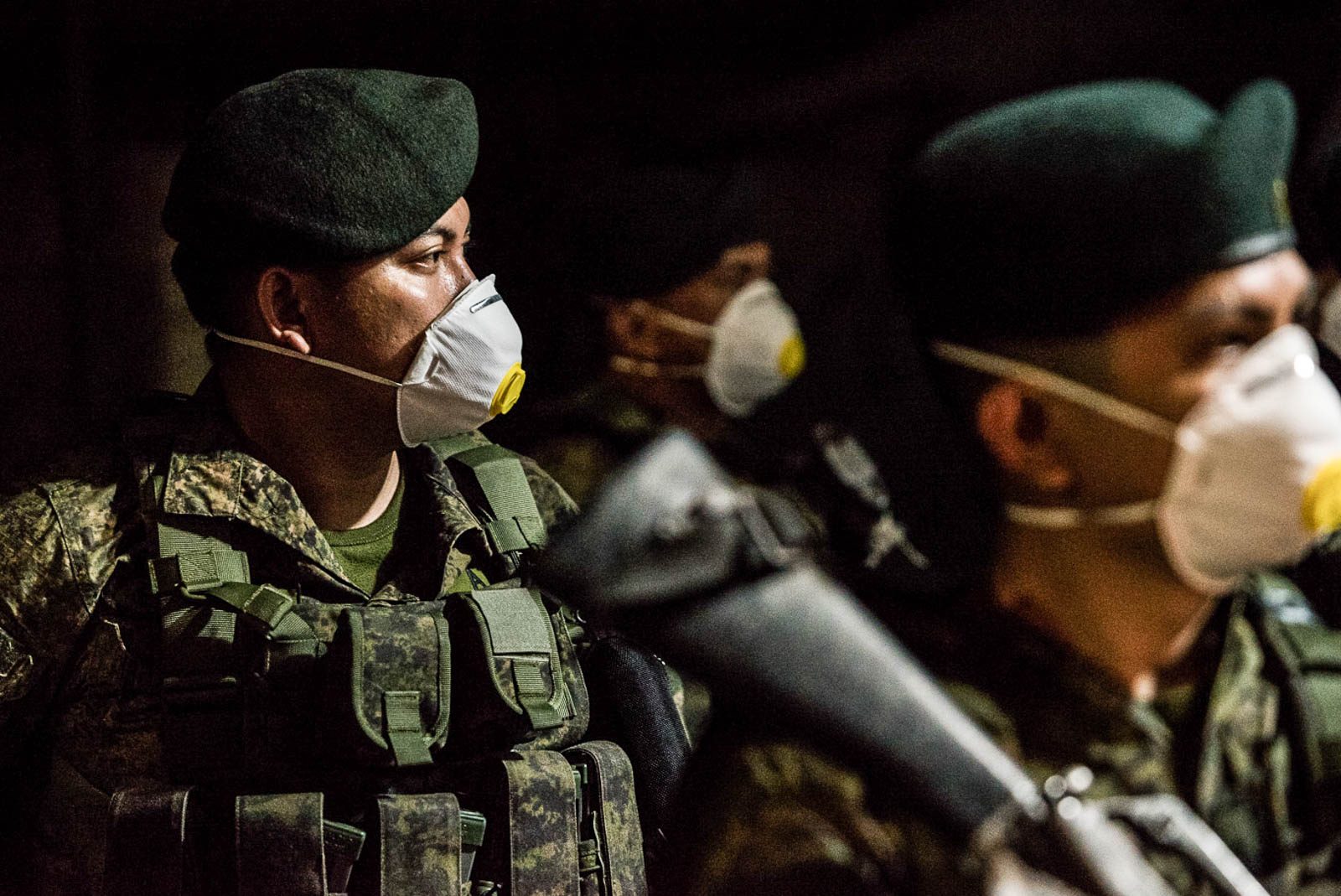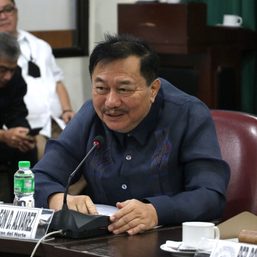SUMMARY
This is AI generated summarization, which may have errors. For context, always refer to the full article.

MANILA, Philippines – A proposal to redesign the current pension system of military and uniformed personnel (MUP) – which economic managers say is no longer sustainable and is at risk of collapse – hurdled the committee level in the House of Representatives on Tuesday, August 15.
The still unnumbered substitute bill, taking the place of 12 original, individual proposals, was approved by an ad hoc committee led by House ways and means committee chairperson Joey Salceda.
The key points of the consolidated proposal – a copy of which has yet to be made public – are as follows, according to Salceda and Speaker Martin Romualdez’s office:
- There would be two separate pension management systems: one for the Armed Forces of the Philippines (AFP) and one for civilian uniformed personnel.
- MUP would now contribute to the fund, on a staggered basis. For active personnel, it would be 5% for the first three years, 7% for the next three years, and 9% thereafter. For new entrants, it would be 9% from the get-go, but the government would have a higher share to complete the 21% contribution.
- The maximum retirement package would be raised to 90% based on the base pay of all MUP.
- All active personnel would get a 3% annual salary increase.
- The retirement age would be fixed at 57 for all MUP.
- Indexation would be retained, which means pensioners would be guaranteed to get an increase in pension for 10 years, but limited to 50% of the salary increase.
- Personnel would still be promoted one rank higher upon retirement.
- Philippine National Police (PNP) personnel who served for less than 20 years would be eligible for separation lump sum.
- There would be a window in the trust funds dedicated for indigent pensioners.
During the hearing, Salceda appeared frustrated when the AFP insisted on a trust fund separate from civilian uniformed personnel, but he later caved in.
“You will earn more if you have a higher capital,” Salceda explained.
“AFP is saying they have assets that they want to place in the fund. But I told them we will not allow that AFP and non-AFP MUP have different benefits. We will harmonize that. So we will include in the measure that even if they put assets there, that would not be enough reason for their benefits to vary from the benefits of PNP,” he added.
MUP are those who belong to the AFP, PNP, Bureau of Fire Protection, Bureau of Jail Management and Penology, Philippine Coast Guard, Philippine Public Safety College, and Bureau of Corrections. Those from the National Mapping and Resource Information Authority have also been included.
Why is this important?
The national government fully funds the pensions of MUP; personnel on active duty do not contribute to the fund.
Military pension spending in 2022 reached P164 billion, already outpacing maintenance and other operating expenses as well as capital outlays.
Attempts to review the military pension system are not new, since the topic has been discussed as early as 2004.
But the military has had serious apprehensions toward past proposals, and the government risks the possibility of mass early retirement among MUP should they find pension reform disadvantageous to them.
Marcos has made pension reform a priority, and is “willing to spend his political capital” to make it happen, according to Finance Secretary Benjamin Diokno. – Rappler.com
Add a comment
How does this make you feel?






There are no comments yet. Add your comment to start the conversation.